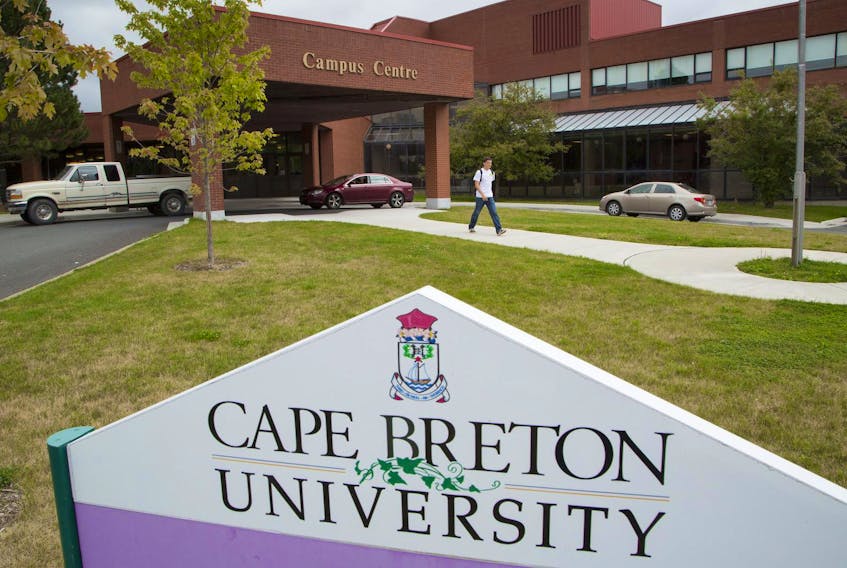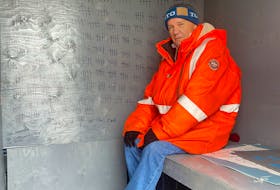SYDNEY, N.S. — Technology that a Cape Breton University professor has worked on for two decades could help find a quicker way to test for COVID-19.
Martin Mkandawire has been a chemistry professor at CBU for eight years. For close to 20 years, he has worked with sensors for detecting different bacteria, viruses and other particles.
“We were in the process of developing a sensor for detecting Ebola and other viruses when COVID came in, so we just decided to branch into COVID and try it,” Mkandawire said.
Much of the technology has already been proven, all that remains is how it specifically identifies COVID-19, so Mkandawire said he believes it’s promising.

He works using surface acoustic wave technology. The project is working to rapidly diagnose COVID-19 from someone’s oral and nasal fluids, with the entire process completed within 5-10 minutes
Mkandawire said the technology currently used to identify COVID-19 and other viruses is quite expensive and requires specific expertise and specialized equipment.
This technology is simpler, portable, and easy-to-use, which would eliminate the need for highly technical laboratory equipment or training.
If successful, this approach would eliminate the need for reagents, sample processing, and specialized personnel, which would take pressure off laboratories and the health-care system. The materials used are also inexpensive.
“It can easily be deployed into rural areas,” Mkandawire said, noting with only a saliva or nasal sample, within 10 minutes they could know whether or not someone has COVID-19.
Quicker identification of cases can help control spread.
Mkandawire’s research team’s proposed technology will test for the virus using surface acoustic wave biosensors.
“The many challenges of COVID-19 are being met by researchers in Nova Scotia,” said Stefan Leslie, CEO of Research Nova Scotia. “It was Dr. Mkandawire who recognized that his expertise at Cape Breton University may be an important key to managing this pandemic."
The work of Mkandawire’s team attracted $75,000 in funding from Research Nova Scotia. He said that will generally support the work they are doing, such as manpower.
Mkandawire said it’s rewarding to see that work he has been doing for some time may prove to be useful when a new and significant challenge such as COVID-19 emerges.
“I think that’s the dream of every scientist,” he said. “With issues like these, we can have the opportunity to apply our knowledge and our expertise.”
He stressed that he is not working on the project alone and has had the support of hard-working team members including students making significant contributions to the project along the way who deserve a great deal of credit.
Research Nova Scotia’s Research Opportunities Fund was created by the Province of Nova Scotia to provide financial support to research projects that have the potential to benefit Nova Scotians.









